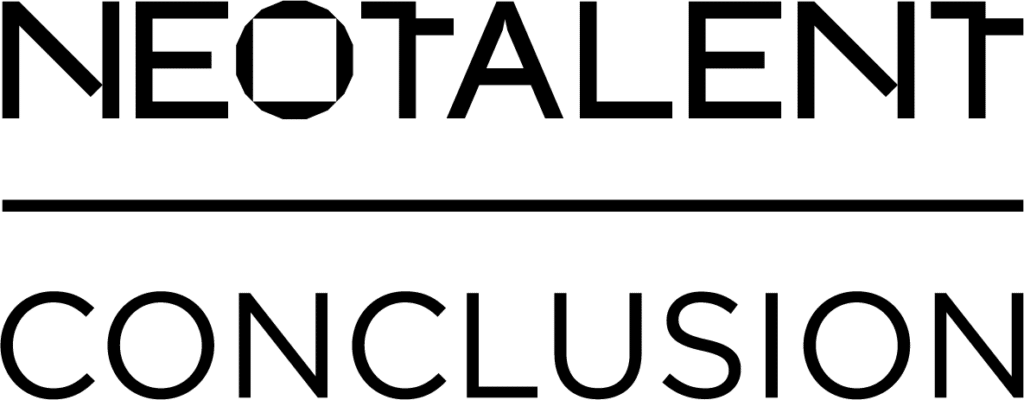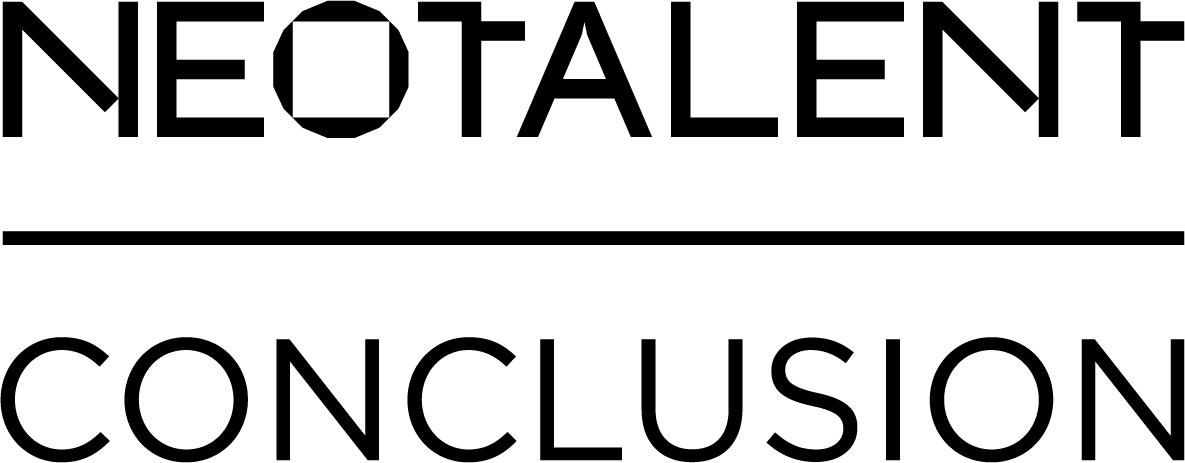Technical skills remain essential when seeking and selecting new professional opportunities. However, social skills are increasingly gaining ground in recruitment processes.
In this article, we highlight the increasing importance of social skills in the labor market. Discover 10 interpersonal skills that we must develop to evolve professionally.
An increasingly humane labor market
Organizations are demanding more and more complete professionals. This implies not only mastering a set of technical skills related to the respective area of specialization, but also developing certain interpersonal and social skills.
It is these social skills that set us apart from others in the job market. They are part of who we are, our personality, our way of thinking and seeing the world. That is why it is so important to try to develop them during our professional career, and above all, during our life.
Here are 10 social skills that I consider relevant for a consistent, enriching and successful professional development.
#1 Adaptability
As the name implies, it is the ability to adapt to new scenarios, situations or transformations. When we have a strong capacity to adapt, we are able to accept change and learn from it.
#2 Assertiveness
Being assertive is being able to express thoughts, ideas or opinions in a direct, clear and objective way, without disrespecting or confronting others. It is about being able to be upfront, firm and confident.
#3 Communication
Knowing how to communicate goes much further than knowing how to write an email. It implies the ability to speak to different people in different situations, always adapting the speech to whom we are addressing.
#4 Creativity
Thinking “outside the box” is an increasingly valued skill. It is the ability to see what others do not see. It is finding an alternative solution when we thought we had exhausted all viable options.
#5 Empathy
Empathy is the ability to put ourselves in someone else’s shoes. Empathy is key to building better relationships with colleagues, customers, partners, and even managers.
#6 Stress management
Managing stress is about being able, at a time of increased stress, not to be absorbed by feelings such as hostility, bitterness, despair or other negativity. The trick is to find the “antidote” that works best for you, and act accordingly in stressful situations.
#7 Critical thinking
Critical thinking is the ability to analyze a situation, think about its side effects and know how to give constructive feedback , achieving the outlined goals in the most efficient way possible.
#8 Perseverance
Failure is part of the job (and our lives). Until we achieve success, we have to fall many times. Perseverance is the ability to overcome crises and difficulties. To be persevering is to not give up, no matter how hard (and long) the road.
#9 Troubleshooting
The clash of ideas, opinions and ways of thinking is inevitable – whether in a personal or professional environment. The most important thing is to know how to solve any problem in the best possible way, and with the best potential outcome.
#10 Teamwork
Knowing how to work in a team means being able to deal with different people from different backgrounds . It’s knowing how to communicate with the different people in your team, and making use of each other’s expertise.
Can we train our social skills?
I believe it is. I think it is a question of being predisposed to do so. Either way, there are strategies we can use to develop our social skills:
- Being self-aware. When we invest time in getting to know ourselves fully, we can discover strengths, weaknesses, values, goals.
- Be open to constructive criticism. Listening to those around us, reflecting on what we have been told and coming to our own conclusions.
- Avoid getting stuck in prejudices rooted in our daily lives. Trying to keep an open mind, free from judgment, is crucial for us to grow as individuals and as a society.
- Be informed. Being more informed and aware of the world around us is important, for example, to make more informed decisions.
- Interact with different people. Getting to know realities different from our own and exploring new cultures can be really transformative. It is often in the difference that we grow the most and the best.
- Continuous learning. There is a wide range of training content, certifications or trainings at our disposal. It’s about identifying our topics of greatest interest and being on the lookout for learning opportunities.
In short: only by investing in the development of technical and social skills will we become better professionals and people. But this is not an easy process. It is the result of daily work, continuous learning and, of course, the willingness to accept challenges that allow us to evolve and thus make a difference wherever we go, whether in a professional context and/or in our personal lives.
Helena Félix
Recruitment Operations Coordinator
Master in Social and Organizational Psychology from ISCTE-IUL, with 10 years of professional experience in Human Resources. I am currently focused on leading high performing recruitment teams where I combine operational management skills with several years of experience in IT recruitment. Outside of work, my favorite thing to do is travel and when I don’t, I get a lot of satisfaction from being at home with my family and pets.





